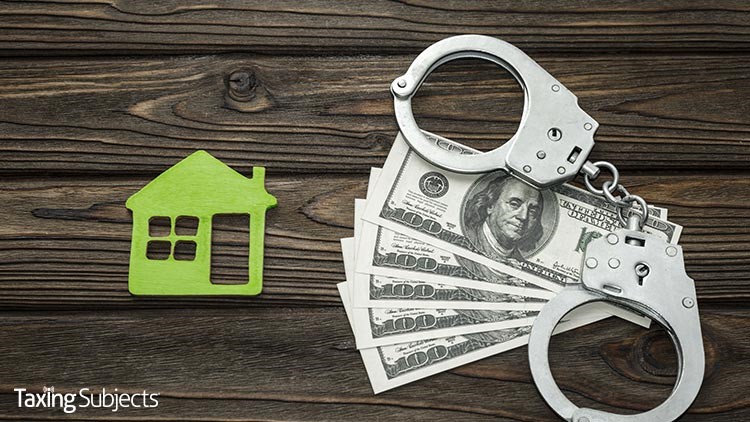IRS Says It’s Time to Settle Syndicated Conservation Easement Cases

The Internal Revenue Service says taxpayers with docketed abusive syndicated conservation easement transaction Tax Court cases should seriously consider settling. The warning comes less than a week after a U.S. Tax Court decision striking down four types of these transactions.
Oh, and time is running out to accept the government’s settlement offer.
What is an abusive syndicated conservation easement transaction?
The IRS explains that partnerships use abusive syndicated conservation easement transactions to claim unreasonable charitable deductions:
“Promoters syndicate ownership interests in real property through partnerships, using promotional materials to suggest that prospective investors may be entitled to a share of a conservation easement contribution deduction that equals or exceeds two and one-half times the investment amount. After the investors invest in the partnership, the partnership donates a conservation easement to a land trust. Investors in the partnership then claim a deduction based on an inflated value. The investors typically claim charitable contribution deductions that grossly multiply their actual investment in the transaction and defy common sense.”
What is the limited-time settlement for taxpayers with docketed syndicated conservation easement transaction cases?
Initially announced by the IRS Office of Chief Counsel last month, the limited-time syndicated conservation easement settlement included these terms:
- “The deduction for the contributed easement is disallowed in full.”
- “All partners must agree to settle, and the partnership must pay the full amount of tax, penalties and interest before settlement.”
- “‘Investor’ partners can deduct their cost of acquiring their partnership interests and pay a reduced penalty of 10 to 20% depending on the ratio of the deduction claimed to partnership investment.”
- “Partners who provided services in connection with ANY Syndicated Conservation Easement transaction must pay the maximum penalty asserted by IRS (typically 40%) with NO deduction for costs.”
The IRS underscores that last week’s ruling is just the latest in a string that strengthens their case against taxpayers engaging in what they argue is a tax scam. Despite these decisions, the agency notes that some taxpayers are still intent on having their day in court.
“The IRS is aware that some promoters of these abusive transactions have downplayed the significance of the string of recent court decisions holding in the government's favor, arguing that their cases are somehow different or that those decisions might be reversed on appeal,” the IRS says. “These promoters ignore common sense and argue that the real dispute is about value, neglecting to explain how the reporting of short-term appreciation, often exceeding many multiples of reality, could possibly withstand judicial scrutiny.”
Source: IR-2020-152; IR-2020-130



